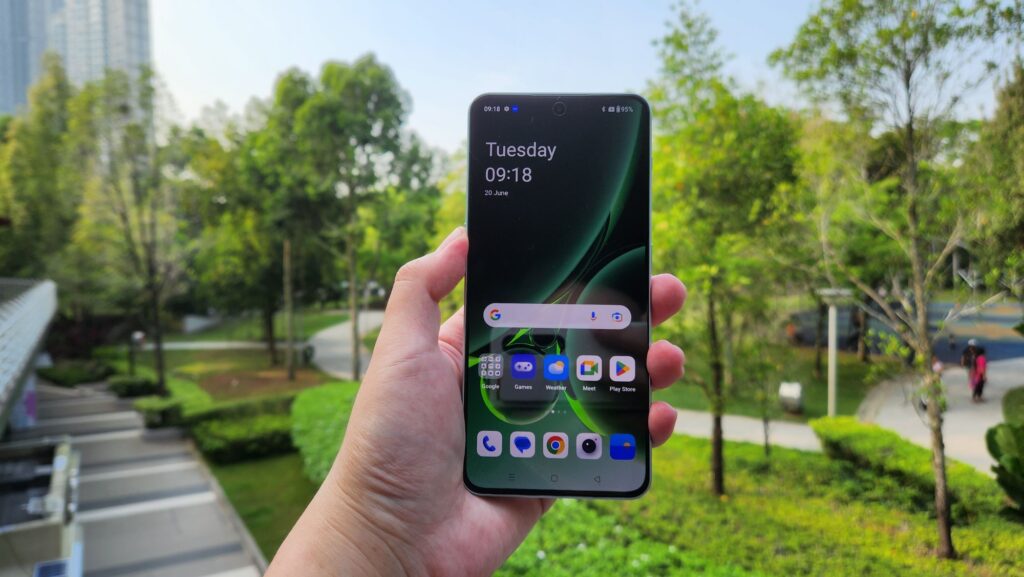
OnePlus Nord 3 review – The budget phone with the works
We previously unboxed OnePlus’s latest midrange phone, the OnePlus Nord 3 5G before giving it a quick whirl around the block.
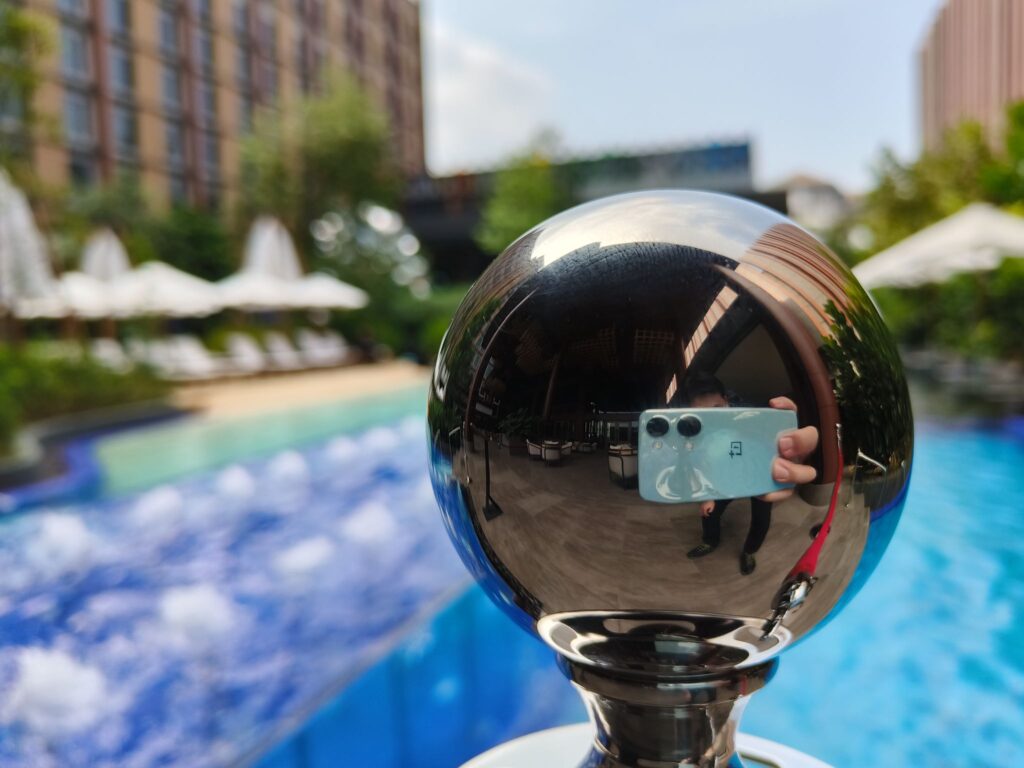
For the purpose of brevity, we’ll be omitting the 5G suffix from the feature but the unit does indeed have 5G connectivity. Here’s our OnePlus Nord 3 review where we put their latest phone to the test!
OnePlus Nord 3 review – Specs and Performance
Table of Contents
In terms of hardware, the OnePlus Nord 3 is well appointed as midrange phones go with several features that are typically seen in higher end phones. For starters, it sports a 6.74-inch 120Hz dynamic refresh AMOLED display with FHD+ resolution and which has HDR10+, Netflix HDR and Amazon Prime Video HDR support so that it plays nice with HDR content from major content streaming providers. Typically, phones in this price range rarely feature AMOLED displays, much less anything with a 120Hz refresh rate.
Under the hood, our OnePlus Nord 3 review sample sports the capable MediaTek Dimensity 9000 octacore processor which is a flagship grade processor built on a 4nm process that saw its debut sometime last year and which is seeing wider distribution in other higher-end midrange phones. Paired with the Dimensity 9000 processor are Arm Mali G710 MC10 graphics.
This is paired with 16GB LPDDR5X RAM, currently the fastest standard in general service for smartphones along with 256GB of UFS 3.1 non-expandable storage. Under the hood, the phone runs the latest Android 13 with their latest OxygenOS 13.1 user interface overlay. The phone also features fast 5G connectivity along with WiFi 6E and Bluetooth 5.3. Here’s how it stacks up on paper:
| Price | RM2,199 |
| Display | 6.74-inch Super Fluid AMOLED display, 40-120Hz dynamic refresh rate, HDR10+,Netflix HDR, Amazon Prime Video HDR, 1,000Hz touch response rate, 450 ppi |
| Processor | MediaTek Dimensity 9000, 3.05GHz |
| Memory | 16GB LPDDR5X / 256GB UFS 3.1 |
| Camera | 50MP w/ Sony IMX890 and OIS + 8MP ultra wide w/ Sony IMX355 + 2MP (rear) / 16MP front |
| Battery | 5,000mAh w/ 80W SuperVOOC charge |
| Size/Weight | 162.6 x 75.1 x 8.1mm /193.5mm |
What makes things particularly interesting is that OxygenOS 13.1 has their RAM Expansion feature that lets you assign onboard storage as virtual RAM in 4GB, 8GB and 12GB increments. What this means is that the OnePlus Nord 3 5G is potentially able to have a whopping 24GB RAM which is potentially more than even class-leading flagship phones have even with virtual RAM added which potentially means blazing fast performance and future proofing for a significant stretch of time.
The customisability doesn’t end there. Our OnePlus Nord 3 review sample also has an additional high performance mode that allows the processor to perform at its fullest potential at the expense of reduced battery life.
Fortunately, the more mundane aspects of customisation are still present and you can change the various themes, font, wallpapers and the like to taste from host of presets or, better yet, your own by running through a simple wizard that cooks up a semi-abstract wallpaper based on a provided image.
What makes the Nord 3 particularly appealing though is OnePlus’s commitment to ensuring at least 3 years of OS updates and 4 years of security updates which means the phone will eventually get Android 16 which is impressive for a midrange phone.This is an improvement over the Nord 2T 5G that was released last year which had 2 years of OS updates and 3 years of security updates.
When put to the test in High Performance mode with the stock 4GB of RAM Expansion, our OnePlus Nord 3 review sample yielded the following synthetic benchmarks. For comparison, we’ve also run it with High Performance mode disabled to see the difference.
| Benchmark | Without High Performance mode | With High Performance mode |
| 3D Mark Wild Life | 7,524 | 8,296 |
| 3D Mark Wild Life Unlimited | 8,752 | 8,669 |
| 3D Mark Wild Life Extreme | 2,353 | 2,339 |
| 3D Mark Wild Life Extreme Unlimited | 2,352 | 2,348 |
| Geekbench 6 Single core | 1074 | 1,583 |
| Geekbench 6 Multi core | 3,310 | 4,379 |
| Geekbench 6 OpenCL | 5,783 | 5,802 |
| Geekbench 6 Vulkan | 5,707 | 5,660 |
| PC Mark Work 3.0 | 10,799 | 13,409 |
| PC Mark Battery Life | N/A | N/A |
In general, High Performance mode offers tangible improvements especially in regards to single and multicore CPU performance with modest improvements in graphics performance. In more practical terms, the phone is more than able to handle almost any task expected of a midrange phone.
- Standard mode
- High performance
Web browsing proved to be swift and swapping apps was a snappy affair while editing 1080p video on CapCut was a pleasantly smooth affair. The usual games like Genshin Impact, Call of Duty Mobile and Honkai Star Rail were playable on high settings without issue.
During the course of field testing, the AMOLED display served up crisp and luscious visuals for movies and gaming with pin sharp text onscreen along with sufficient brightness for outdoors use in broad daylight.
By default, the display is set to a Vivid colour palette setting and defaults towards warmer tones even on the stock settings though you’re able to swap this to a cooler colour temperature using a slider or default to a Natural colour setting for less saturated hues.
While the display officially has a 120Hz dynamic refresh rate which enables it to swap between 40 Hz – 120 Hz depending on what’s happening on screen, the display tends to swap mostly between 60Hz to 120Hz.
By and large, it defaults to 120Hz when navigating the menus before it dials down to 60Hz for games and web browsing on Chrome and 90Hz on a few occasions when you’re navigating YouTube’s menus. Oddly enough, even high refresh rate games like Aldo’s Odyssey were capped at 60Hz gameplay. Optimally, you can lock it down to 60Hz to save on battery life.

OnePlus Nord 3 review – Aldo’s Odyssey which typically runs at 120fps was capped at 60fps on our test unit
The paired stereo speakers in our OnePlus Nord 3 review sample were up to the task and were able to deliver a decent amount of volume without distortion even when dialled to maximum. Unfortunately, the lower speaker is lower than the upper one though it’s not a deal breaker.
In terms of endurance, the phone does not disappoint and its 5,000mAh battery on default settings without enabling High Performance mode was able to last a good day and a half of use with WiFi or data on, a few minutes of video calls as well as liberal use of productivity apps and social media.
Unfortunately, PCMark’s battery life test crashes constantly but it was easily able to get close to 11 hours from a full charge which is quite an impressive feat. Charging it via the provided 80W charger was a doddle with about 35 minutes or so needed to get it to full charge which isn’t far off from its officially stated duration.
OnePlus Nord 3 review – Cameras
On the imaging side, our OnePlus Nord 3 review sample is impressively kitted out for a midrange phone with a 50MP rear primary camera using a respectable Sony IMX890 sensor with optical image stabilisation while a 2MP macro camera and an 8MP ultra wide angle camera with a Sony IMX355 sensor rides shotgun.
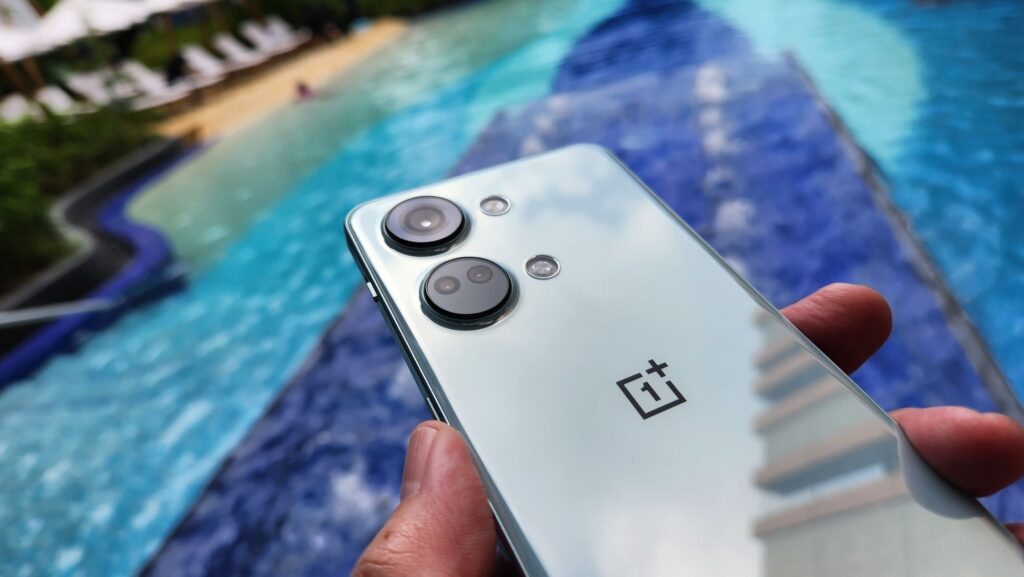
Combined, this setup is able to capture up to 4K@60fps video which is quite a feat seeing as most midrange phones max out at 4K@30fps or 1080p@60fps video. Up front, the phone has a single 16MP fixed focus selfie camera capable of up to 1080p video. Both the front and rear cameras benefit from an AI setting to improve colours, brightness and details.


In daylight conditions, the ultrawide camera with its 112-degree angle of view does a great job, with lifelike colour rendition and a fair amount of detail with minimal aspherical distortion. This was likewise mirrored with the primary camera which was able to deliver equally lifelike hues and excellent results at 1x and even at 2x zoom with minimal loss of detail.
The camera is capable of digital zoom out to 20x though you get a watercolour effect especially if you pixel peep. If you stick primarily to ultrawide all the way out to 2x zoom, you’ll get very shareworthy results.
In dim light conditions, our OnePlus Nord 3 review unit’s cameras proved to be surprisingly capable on account of the Sony IMX890’s Quad Bayer filter with especially good performance on the primary 50MP camera that manages to render colours in conditions that even the naked eye would have problems perceiving. Things get a bit soft beyond 2x zoom; you’d best stick to the primary camera in low light settings.
A Night mode exists with a slight delay to capture more detail but there isn’t much noticeable difference compared to taking shots on auto mode.
Videos from the rear camera work best in brightly lit daylight conditions and you’ll still need a gimbal for best results if you aim to capture at 4K@60fps as there’s still noticeable judder while footage in dim light is perfunctory at best. An AI mode exists but you’re limited to 1080p@30fps only and even so still works best in brightly lit scenarios.
Up front, the selfie camera is sufficient for video calls and offers relatively accurate skin tone rendition. In general, the OnePlus Nord 3 5G is a competent choice for stills though good videos are its Achilles heel.
Should you buy the OnePlus Nord 3?
As midrange phones go, the OnePlus Nord 3 5G offers a host of features and performance that make it a tempting acquisition indeed.
You get a luscious 120Hz AMOLED display, a decent rear camera with OIS, a massive surfeit of RAM and great battery life. Add in a solid 3 years of OS updates and you have arguably one of the better midrange phones in the market.

At RM2,199 the OnePlus Nord 3 skirts the upper end of what a midrange phone’s price point but it does bring substantial capabilities to the table. If you’re on the hunt for a midrange phone outside of the usual brand leaders, this is well worth a look.
OnePlus Nord 3 review unit courtesy of OnePlus Malaysia. For more details please visit https://www.oneplus.com/my
OnePlus Nord 3
-
Display
-
Performance
-
Cameras
-
Battery Life
-
Value
OnePlus Nord 3
The OnePlus Nord 3 5G is a surprisingly full featured midrange phone with a host of features that elevate it above its peers. You get a dynamic 120Hz AMOLED display, stereo speakers, solid performance, fast charging and an OIS-stabilised camera too.
Pros
Alert slider is back
Vibrant AMOLED dynamic 120Hz display
OIS-stabilised camera
Great battery life
IP54 water resistance
Fast charging support
Good rear camera for stills
Cons
Finish is a fingerprint magnet
No wireless charging

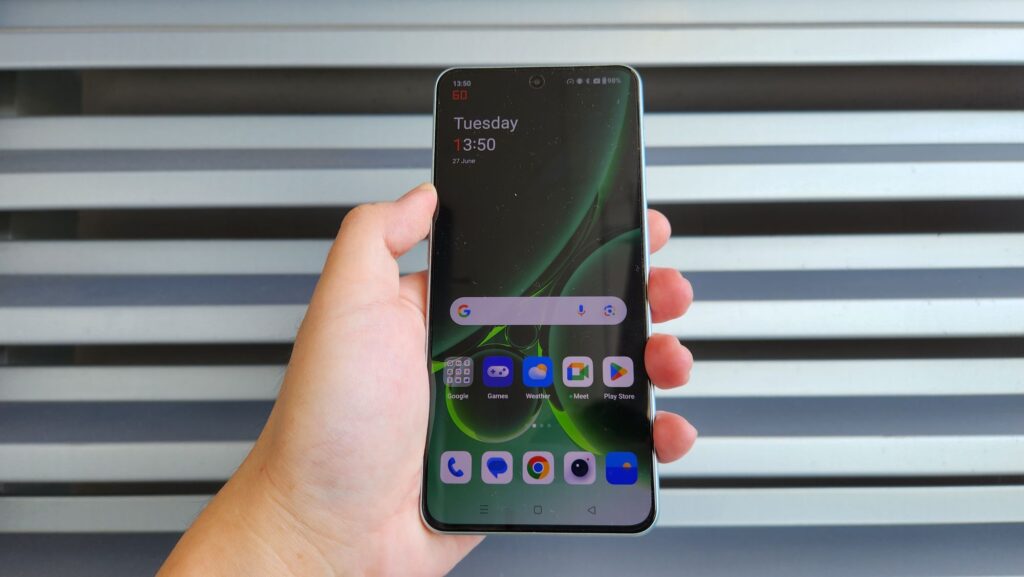

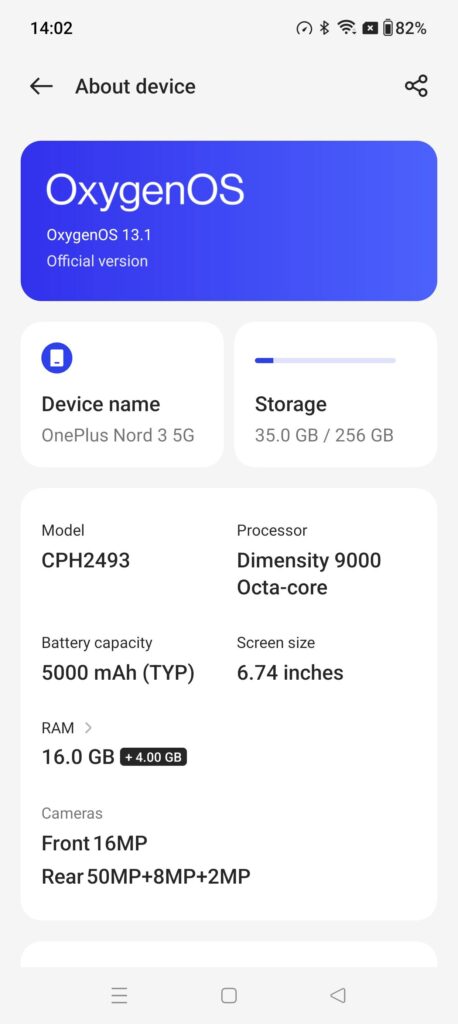
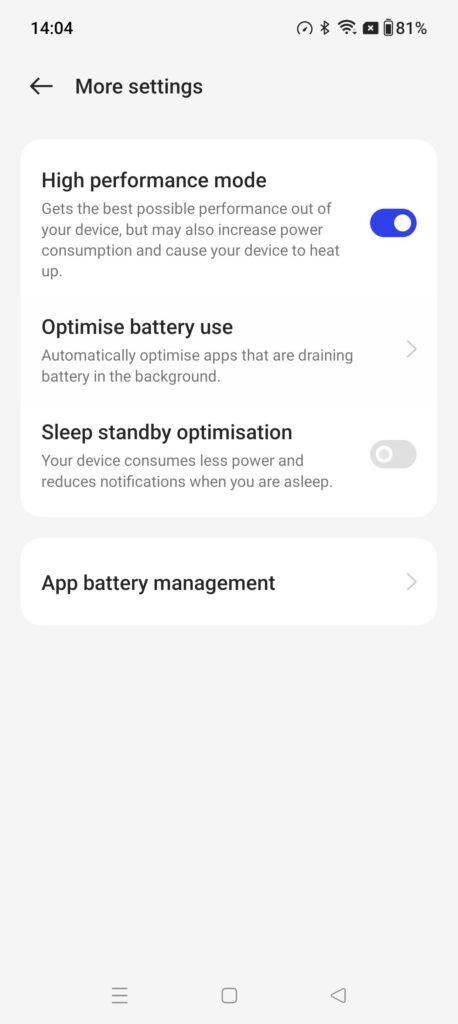

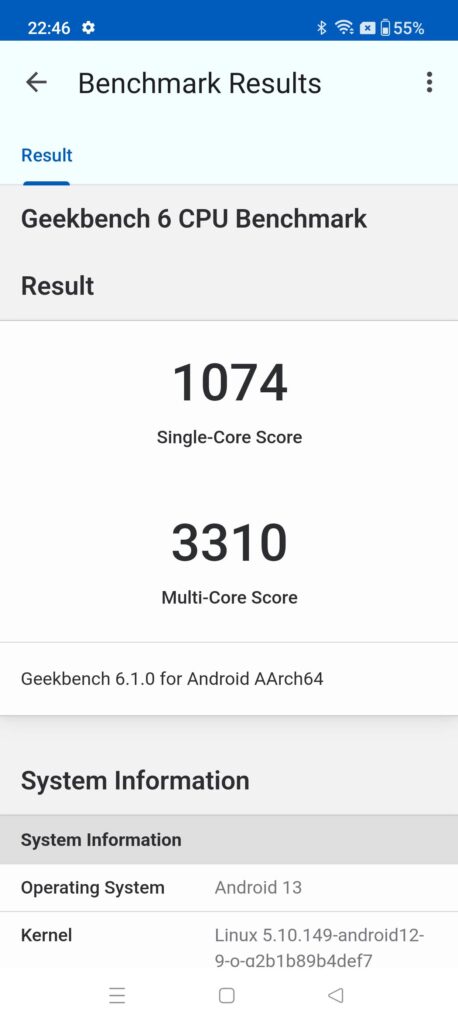
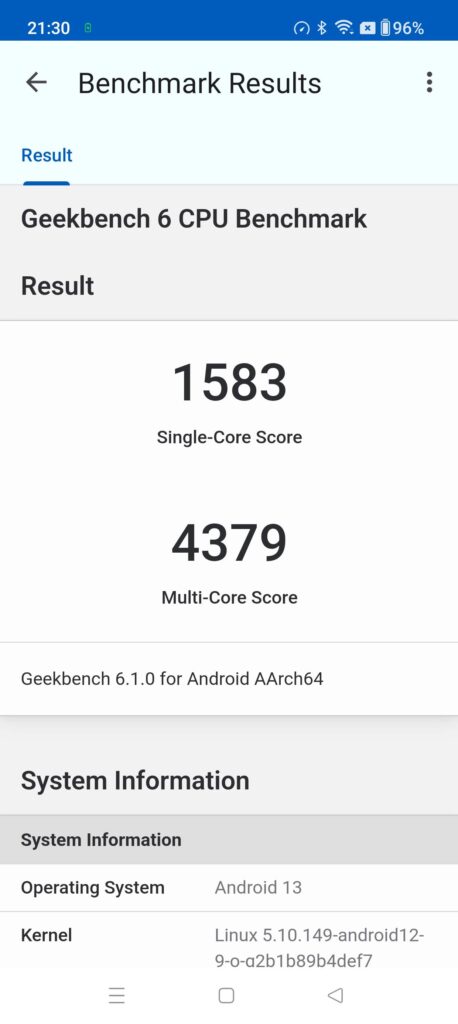











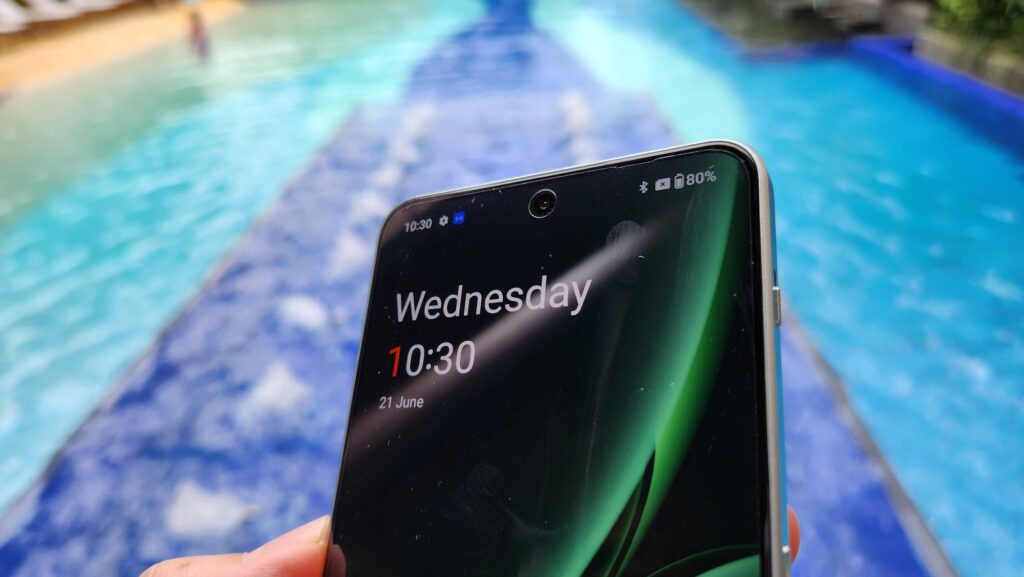
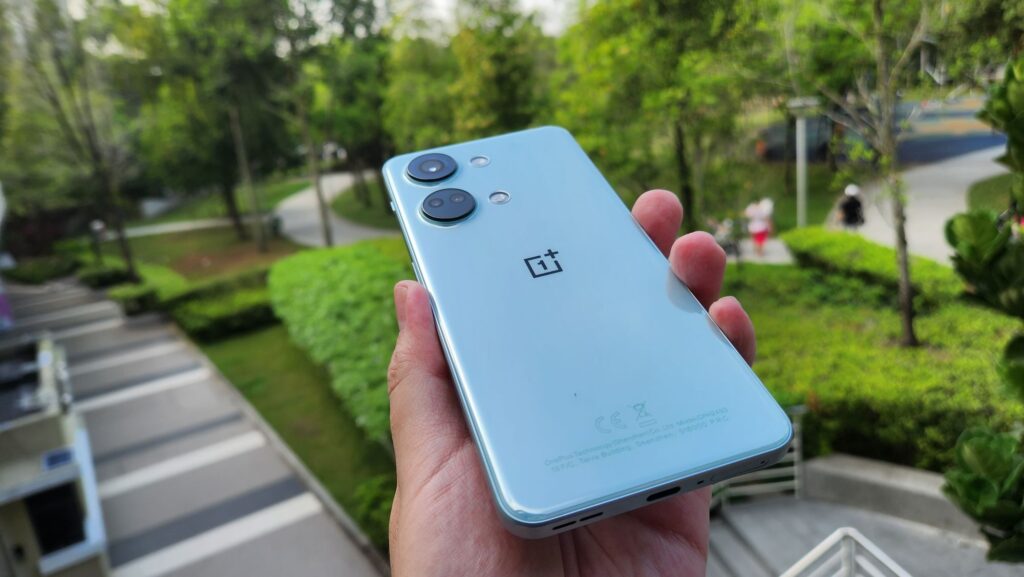
0 Comments